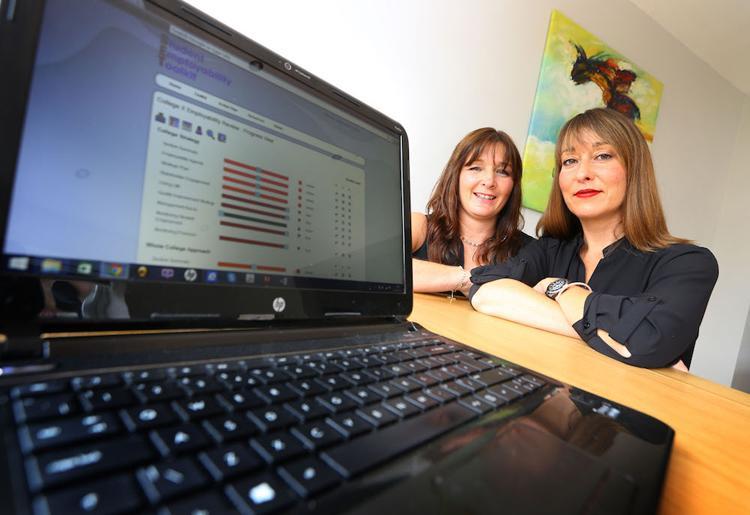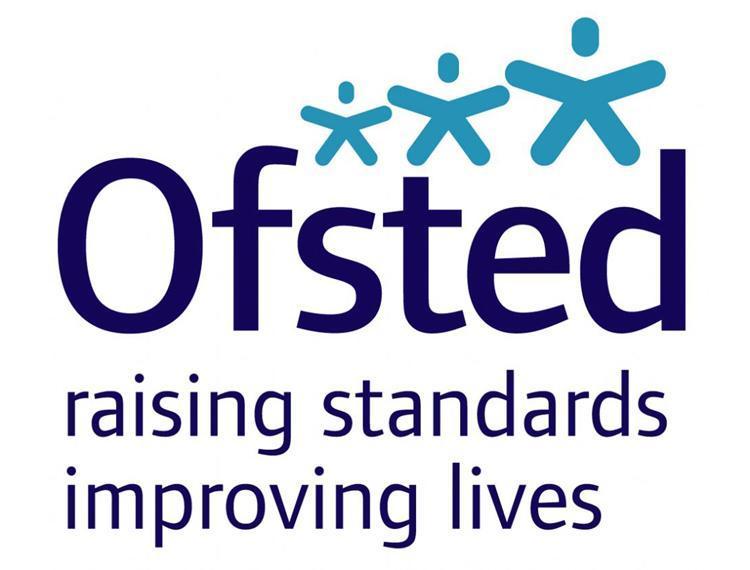A CAUTIONARY TALE FOR EMPLOYER PROVIDERS

LOUISE DOYLE (pictured right), a further education consultant and director of quality assurance experts MESMA, has a cautionary tale for employer providers delivering apprenticeships under government funded arrangements, who only see self-assessment as a paper exercise.
As the Apprenticeship Levy comes into effect with changes in funding now in place, it’s no surprise that the number of employer providers joining the register of apprenticeship training providers (ROATP) is on the rise. The process of registration allows employers, whose main business activities often sit outside of training and education, to deliver apprenticeships and draw down the associated levy payment.
It is likely there will be more to come as mounting numbers of employer providers step forward to deliver their own apprenticeship training. But of course, what follows are all the complexities of Ofsted requirement and government funding. New providers will not always be familiar with or prepared for these.
On the face of it, delivering apprenticeships makes commercial sense and seems like a sensible path for employers to follow. A mixed economy often emerges: if an organisation has the skills set in-house, they deliver the apprenticeships. Where they don’t – for example, in specialist roles such as those working in IT or accountancy departments – they secure the delivery with the assistance and support of external specialist apprenticeship providers.
So far; so good. However, this disguises a bigger picture. In our experience, what can come as a shock to the system for some employers is the quality assurance policies and processes required to deliver high quality apprenticeships which far outweigh the quality assurance requirements for short, sharp training interventions for in-house activity. Moreover, it is one thing to have the policies and processes in place – and tick that particular box – but it is quite another to ensure they’re making a serious and positive impact.
And of course, for so many the wrong time to find out such things aren’t effective, is the day Ofsted pays a visit. In reviewing the 22 Ofsted inspection reports for employer providers that occurred between March 2016 and March 2017, it was evident that many needed to engage in self-assessment and improvement planning, while there were also cases of staff failing to identify accurately enough those areas where there was room for improvement.
In relation to quality assurance and more specifically, the robustness of self-assessment and improvement planning it was noticed that in nine cases, where the provider was judged as either requires improvement or inadequate, the Ofsted report makes explicit reference to the need to improve either the overall approach to quality assurance or more specifically self-assessment and improvement planning.
And I quote…“Leaders and managers should increase the level of objectivity of quality review processes, and sharpen resultant action plans”
“Quality assurance and quality improvement arrangements, including the observation of teaching and learning, have not resulted in sufficient improvements since the previous inspection.”
“Further develop the quality assurance arrangements to offer the programme manager and the assessors a clear understanding of the quality of teaching, learning and assessment experienced by apprentices and how this affects apprentices’ progress.”
“Establish quickly a detailed and comprehensive action plan to rectify all areas for improvement identified in this inspection.”
“Leaders and managers should conduct a thorough self-evaluation of the apprenticeship programme to ensure that they critically evaluate the strengths and areas for improvement, including the performance of sub-contractor.”
Robust quality assurance/self-assessment featured in eight of the 13 reports for employers judged to be good or outstanding. In some cases it refers to self-assessment and quality improvement planning as a development requirement to move the provider from good to outstanding. All that being said, there is one judgment that sums up what is expected: “The self-assessment report is accurate and evaluative.”
The analysis is clear and unequivocal: it confirms that regardless of Ofsted provision, moves to have a robust model of self-assessment and improvement planning in place, which is accurate, well structured, evidence rich and challenges people to strive for continuous improvement, can only be beneficial.
LOUISE DOYLE, Director, MESMA











Responses